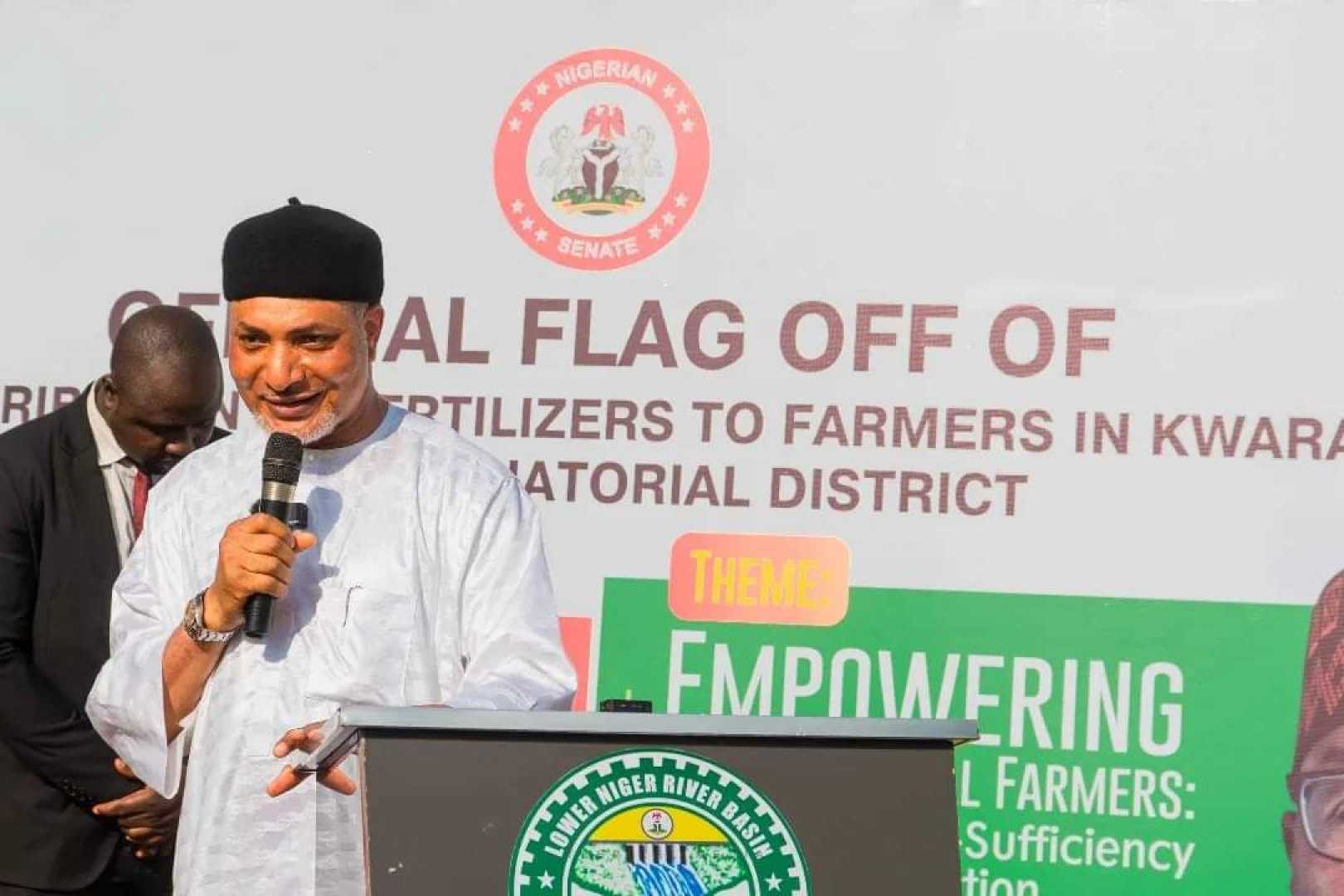Education
Senator Urges FG to Mandate Agriculture Studies in Schools

The Chairman of the Senate Committee on Agriculture and Rural Development, Senator Saliu Mustapha, has called on the Federal Government to introduce compulsory, hands-on agricultural studies at the secondary school level. This appeal was made during a public lecture organized by the Department of Agricultural Extension and Rural Development at the University of Ilorin on Thursday.
In his keynote address, delivered by Prof. Binta Sulyman of Kwara State University, Malete, Senator Mustapha emphasized the necessity of practical agricultural education from an early age. He argued that this would help shift the perception of farming from mere subsistence to a viable profession. Mustapha stressed that Nigeria needs to take agriculture seriously to feed its growing population and reduce its reliance on imports.
Mustapha expressed concern over the declining interest in agriculture among young Nigerians, attributing it to outdated perceptions of farming as labour-intensive and unrewarding. He suggested that exposing students to modern, technology-driven agriculture, such as mechanized farming, agribusiness, and sustainable practices, could reignite interest in the sector.
The senator cited examples from countries like Israel and India, which have significantly improved their food production capabilities through a strong emphasis on agricultural education. He urged Nigeria to follow a similar path by ensuring that every child learns both the theory and practical aspects of farming.
Mustapha also highlighted that compulsory agricultural studies could help address rising unemployment by equipping young people with skills to venture into farming, agribusiness, and related industries. He argued that an agrarian-focused curriculum would produce problem-solvers capable of contributing to reducing the nation’s food import bill.
“Beyond feeding ourselves, we must see agriculture as a business. Agriculture should not just be about producing food for the table, but it should be viewed as a business model that can generate wealth for millions of Nigerians,” he added.
Mustapha urged stakeholders in education, agriculture, and policymaking to collaborate in implementing these ideas. He praised the Federal Ministry of Education for its efforts to revise the curriculum but cautioned that policy must be translated into action. He emphasized the need for schools to be equipped with necessary facilities such as farms, greenhouses, and modern farming tools to make hands-on agricultural education a reality.
The call comes at a time when Nigeria faces multiple challenges in the agricultural sector, including an ageing farming population, poor access to modern farming technologies, and underutilized arable land. Experts warn that without significant policy shifts, the country’s goal of achieving food security may remain unattainable.












